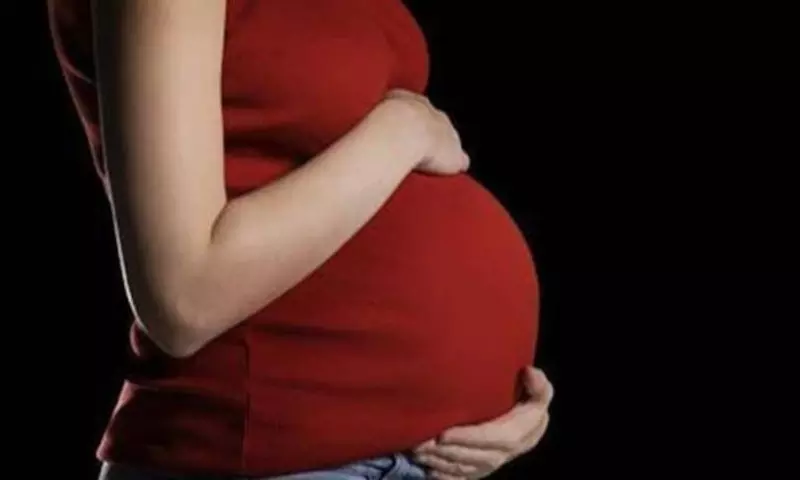Second wave of Covid in pregnant women: A matter of concern
By Newsmeter Network
After COVID 19 pandemic, there was a valid concern that this disease might alter the immune status. Reassuringly, in the first wave, the percentage of the severity of illness and mortality was consistent with the non-pregnant population.
However, the second wave had a greater impact and adversely affected the pregnant population in other countries according to the UK and the US statistics as suggested in 'The Lancet journal' September 2020. The second wave in India has been following the same trend that we have been losing many mothers unexpectedly.
The increase in pregnant women with severe COVID-19 could relate to the emergence of a more pathogenic strain of SARS-CoV-2, but the true cause is unclear.
Mrs. Pavani (name changed), a 25-year-old full-term pregnant woman was admitted with high-grade fever and low oxygen saturation. She tested positive for COVID and was monitored by a multi-disciplinary team. Once the infection settled done, she delivered a baby and was discharged.
Like her, most of the pregnant women with moderate to severe COVID symptoms recover when treated by a multi-disciplinary team and more importantly when they seek medical help early.
WHO is at RISK...?
Pregnant women or recently pregnant women who are 35 years or older
Having BMI>25kg/m2
Having pre-existing medical conditions such as hypertension and diabetes, COPD including asthma, underlying cardiac disease, chronic renal disease, and chronic immunosuppressant.
Close monitoring is required in all pregnant women with COVID 19 and those with co-morbidities like gestational diabetes need special attention. A multidisciplinary team should manage these women because many of them go on to develop thromboembolic and renal issues.
HOW to PREVENT...
Pregnant women are advised to increase their social distancing to reduce the risk of infection and practice hand hygiene, wearing a face mask as per the guidelines and even their family members have to follow the same.
They should avoid social gatherings, baby showers, and other ceremonies as well.
Avoid visitors, make use of video calls.
Limit the number of hospital consultations; teleconsultation is always preferable if an option available.
WHEN to seek HELP...
If asymptomatic they can be home quarantined and temperature, oxygen saturation need to be monitored.
Symptoms to look out for include: sore throat, runny nose/nasal congestion, shortness of breath, muscle aches, and loss of smell or taste and need to be investigated as per your obstetrician's advice.
If symptomatic like fever >38° C or respiratory symptoms they need to be always be managed in a tertiary care hospital as per the ICMR guidelines.
The good news to share is that there is no absolute contraindication for HRCT in pregnancy, the abdomen can be shielded and a low dose HRCT can be done if needed.
RED FLAG signs include:
Breathlessness, chest pain, drowsiness, hypotension, hemoptysis, cyanosis.
FOGSI (Federation of Obstetric and Gynecological societies in India) states that there is a need to prevent further waves and the vaccine is the best and long-term solution to this. This protection should extend to pregnant and lactating women. The very real benefits of vaccinating pregnant and lactating women seem to far outweigh any theoretical and remote risks of vaccination.
Since the recommendations from the Ministry of Health and Family Welfare, Government of India, However presently state that pregnancy and lactation are contraindications to vaccination individual practitioners now have to wait for the government recommendations.
The Author Dr.Sailaja Kanakamedala, is a Consultant OBGY specialist and Asst.Professor, ESIC Medical College, Hyd